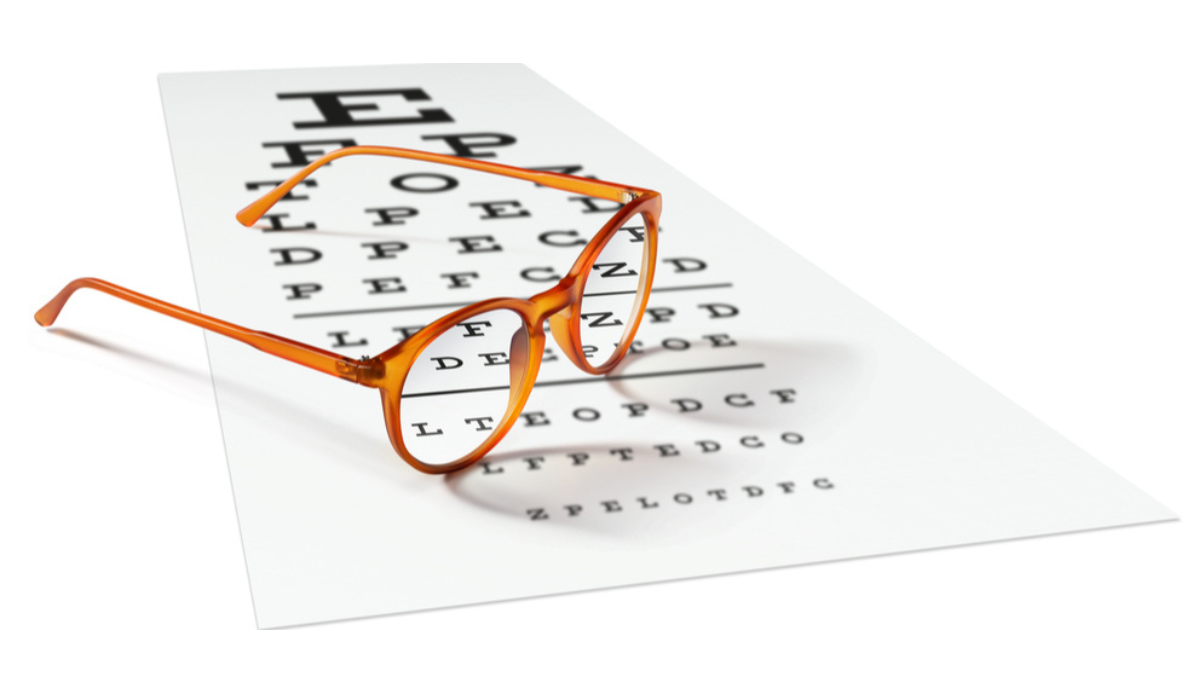Taking care of your eyes is essential for maintaining good vision. An annual eye exam can help
identify and prevent many common vision problems before they become more serious. Regular
check-ups with an eye care professional are a simple yet effective way to protect your eyesight.
This article explains how routine eye exams can prevent various vision issues and why they are
important for everyone.
Detecting Early Signs of Vision Changes
One of the most important benefits of regular eye exams is the early detection of vision
changes. Vision problems like nearsightedness, farsightedness, and astigmatism can develop
gradually, making them difficult to notice without a professional exam. During an eye check-up,
the eye doctor can detect these changes early, often before the person even realizes a problem.
Catching these changes early allows for prompt treatment, such as prescription glasses or
contact lenses, which can help maintain clear vision and prevent the condition from worsening.
Identifying Serious Eye Conditions Early
Eye exams are about checking your prescription and playing a crucial role in identifying serious
eye conditions. Diseases like glaucoma, cataracts, and macular degeneration can develop
without noticeable symptoms in their early stages. By the time symptoms appear, the damage
may already be significant. Regular exams can catch these diseases early when they are easier
to manage or treat. For example, early detection of glaucoma can prevent permanent vision loss
with proper medication or surgery. This makes routine eye exams an essential step in protecting
long-term eye health.
Monitoring Eye Health for Children and Teens
Children and teenagers also risk developing vision problems that can affect their learning and
daily activities. Regular eye exams are essential for younger people, as their eyes are still
developing. Detecting and correcting vision problems early can prevent issues like lazy eye
(amblyopia) or crossed eyes (strabismus), impacting a child’s development and academic
performance. Ensuring that children and teens receive eye exams regularly helps maintain good
eye health and supports their overall well-being.
Preventing Eye Strain and Digital Eye Fatigue
In today’s digital age, many people spend hours each day looking at screens, which can lead to
eye strain and digital eye fatigue. Regular eye exams can help identify whether screen time is
affecting your vision and recommend ways to reduce strain. For instance, the eye doctor may
suggest specialized glasses for computer use or advise on the 20-20-20 rule: taking a 20-
second break to look at something 20 feet away every 20 minutes. By addressing digital eye
strain early, people can prevent more serious vision problems that could develop over time.
Updating Prescriptions and Ensuring Optimal Vision
Another key benefit of routine eye exams is ensuring that your prescription is up to date. Over
time, vision can change due to age, lifestyle, or health conditions. Wearing outdated glasses or
contact lenses can cause headaches, eye strain, and difficulty seeing clearly. During an exam,
the eye doctor can determine if a new prescription is needed, helping maintain optimal vision
and comfort. Keeping your prescription current improves daily life and reduces the risk of
accidents or injuries caused by poor eyesight.
An annual eye exam is essential for maintaining good eye health and preventing common vision
problems. Regular check-ups allow for the early detection of vision changes, serious eye
conditions, and eye strain, helping people of all ages maintain clear and healthy vision. By
making eye exams a routine part of health care, individuals can protect their eyes and enjoy
better vision.

